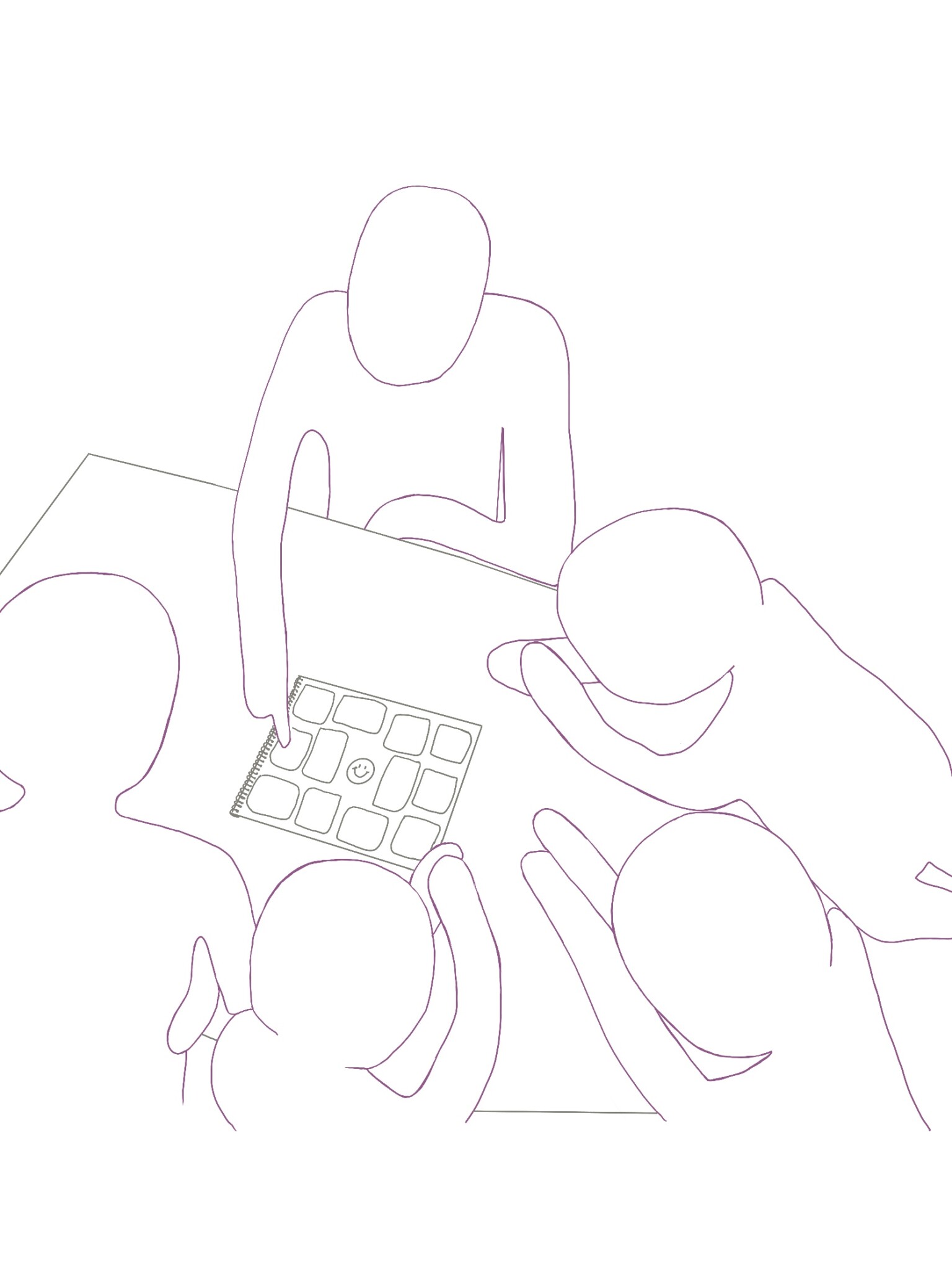We’re excited to introduce you to the always interesting and insightful Briana Quinlan. We hope you’ll enjoy our conversation with Briana below.
Briana, thanks for taking the time to share your stories with us today How’s you first get into your field – what was your first job in this field?
My first job in the social work field was at a world renowned pediatric tertiary care facility in Baltimore City within their Therapeutic Foster Care (TFC) community program. There were two sides to this program: one side worked with emotionally disturbed youth placed in the foster care system and the other side worked with medically fragile and developmentally disabled youth in the foster care system – all of whom required specialized care and training to maintain their placements in foster care while they awaited a more permanent family and living situation. I worked on the medically fragile and developmentally delayed side.
Prior to obtaining this first paid position in social work, I had an internship on an inpatient unit there. Through that internship, I had exposure to the TFC program through social work rounds and monthly meetings, etc. As my internship came to an end, the director of all 6 of us (social work trainees) pulled me aside and encouraged me to apply for the open position at TFC. I kind of laughed it off and may have even said, “I don’t want to do that!” thinking of how hard it would be from an emotional, mental and even physical standpoint.
During the last week of my internship with graduation inching closer; having completed my exit interview for all of the debt I accumulated for years of college and, now, grad school; reflecting on the bedroom that my parents graciously allowed me to move back into for my last year of graduate school; and, despite my gratitude, my desire to separate from those “roommates” for a variety of reasons, the director approached me again and asked, “What are your plans for work?” For the first time in my life, I realized “the plan” was just to move in the direction that I felt compelled to in the moment. In other words, the plan was there was no plan! Just wingin’ it. In that final week of my internship, I honestly felt like I had to officially leave “Neverland” without having ever realized that’s where I was and the thought, “This SUCKS” replayed over and over. I was actually annoyed! Sure, I’d worked since I was old enough to do so: babysitting, pool snack bar, hostessing and waiting tables at restaurants, providing respite in homes, working with children with disabilities and more. They all allowed that feeling of “temporary” because I was in transition from one stage of life to the next. This felt different.
Being financially independent, I reached out to the TFC program, was offered an interview then a job. The institute was reputable; the pay was higher than other places at the time; I would have supervision and training; I knew the people. I do believe that I had the best training and education that I could have and, still, felt and was so underprepared for what lie ahead of me in that work. My heart felt completely raw thinking about everything I did not know: the children, the teens, the stories, the work and the hours that I would have to put in. That job was the hardest job I’ve ever had in my life and I learned the absolute most from it to this day. I had no choice but to learn how to navigate every system: legal, educational, medical, mental health. It had a huge impact on me and I met the most amazing people, despite the struggles. While I would never use the word “happy” as it pertains to that start for me, I am most definitely grateful that this is where my social work path began.
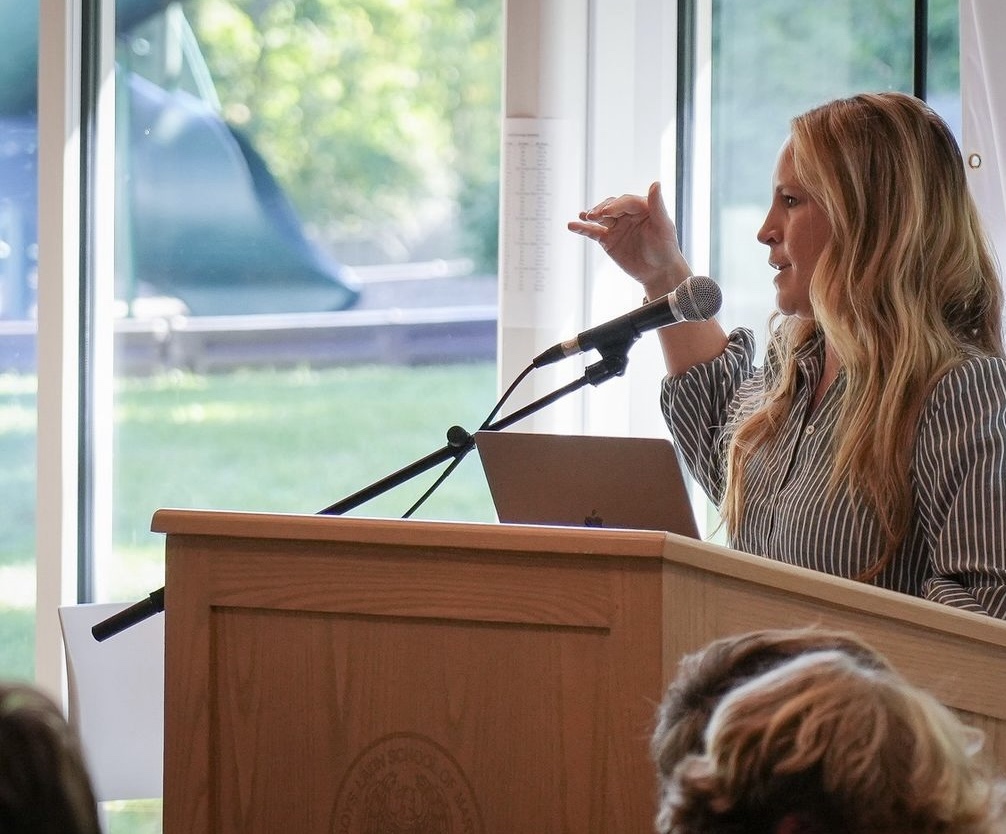
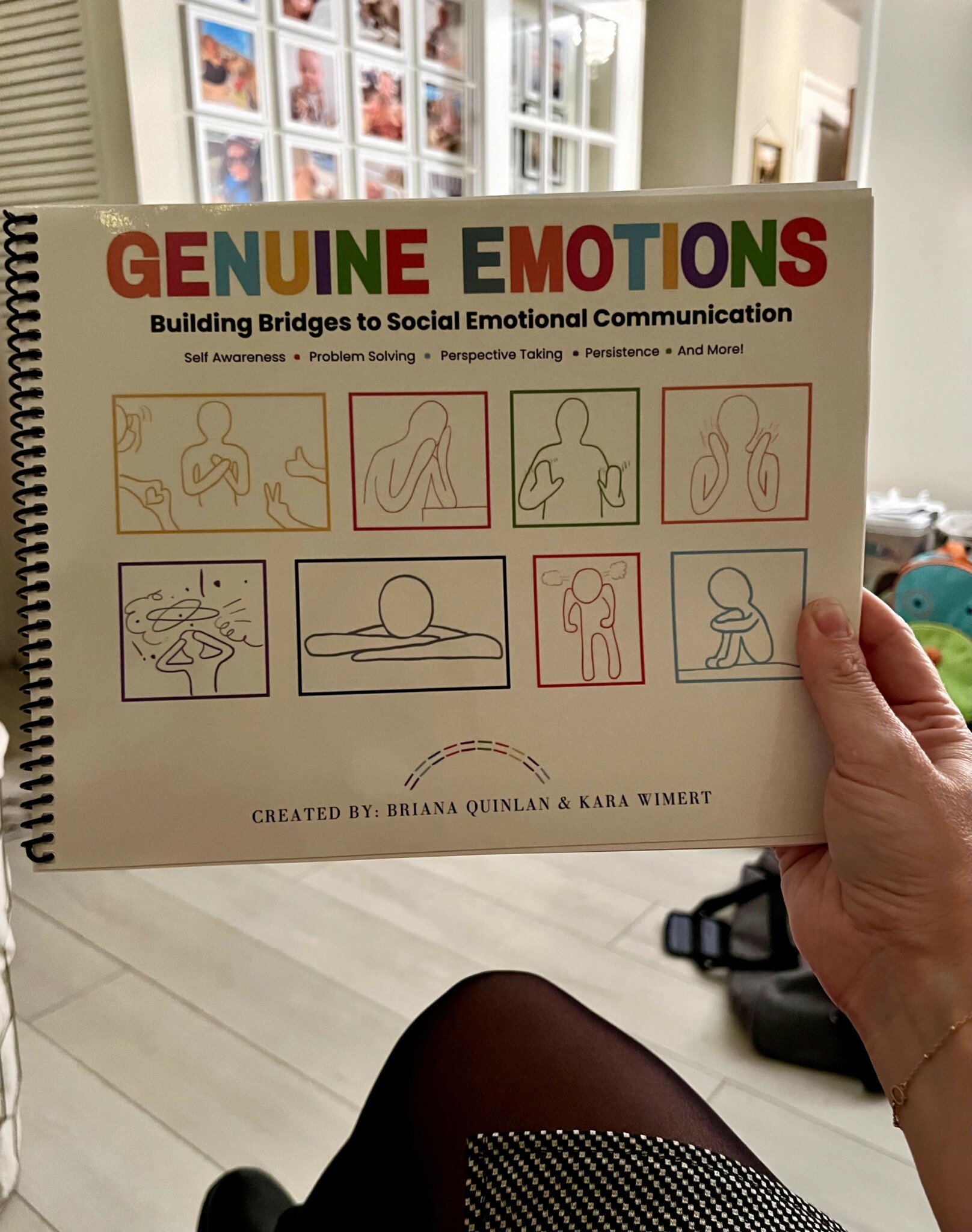
Awesome – so before we get into the rest of our questions, can you briefly introduce yourself to our readers.
Having grown up in a close knit family and being closest, both geographically and age-wise, to my four cousins, I always knew I wanted to help children. My maternal cousins, who were identical twins, were born 3 weeks ahead of me. Between my parents and my aunt and uncle, at one time, they had five children under five-years-old and I was the only girl then (my cousin, his twin brothers, my brother and I). Later, my sister and another boy cousin would join the mix! When the twins and I were 3-years-old, they began going blind and were later diagnosed with a degenerative brain disease called Battens Disease. They were not expected to live past the age of 10-years-old and defied those odds by living to mid-teens and early adulthood, respectively. Despite their deterioration, they were still my best friends, and as we had more kids running around, they were in the mix – they just looked and acted different. I did hospice care for them during the summers in high school and was sure I wanted to be a nurse. I even started in nursing school in college until I realized that blood, puke and guts is not for me. Then I went on to Psychology, figuring I could still help children. When college ended, I knew I wanted to continue school and found Social Work because the definition on the internet said “Considered the ultimate helping profession”.
Needless to say, growing up knowing and experiencing mortality on a significant level was something that we just “did” in my family. I did not know any different. When I went on to work in foster care and experience ebbs and flows with losses of various magnitudes, the vicarious trauma of others called me to confront own trauma of loss and death. I was a therapist in dire need of my own therapy, which I began. When I sat down to talk to someone for the first time, she said “How long would you say you’ve been anxious?” I told her, “Some doctor has been trying to prescribe me medicine for as long as I can remember”. I never took it because I was too anxious to take medicine – my experiences with medicine and death, apparently, laid deep roots in my psyche. I opened up in hopes of feeling better, sleeping better, not being so panic ridden at everything. There is a book by Bessel Van Der Kolk called, “The Body Keeps the Score” and it rang so true for me. All those years, I just kept moving forward and trying to “fix” or “help” everyone else’s pain as a substitute for all the pain I could not fix or help for my cousins, my family and for myself. Through this process, I finally began treating my ADHD, something I’d long suspected I had and, despite knowing there were benefits, resisted taking any medication until my team had a grand intervention with me, knowing this fear was somehow deep rooted in my trauma. I began taking an anti-anxiety medication then, finally, a stimulant for my ADHD.
I always thought ADHD medications were something that people took because they abused them, having plenty of college experiences at parties where people wanted stimulants to stay awake or maybe to cram for exams. So, nothing shocked me more than realizing how calm and regulated it made me feel. This whole experience of hurting and healing as well as redefining my relationship with so many things including myself also opened a creative processing door for me. It was always there but so inaccessible. I never slowed down.
I have worked in various placements helping children, youth and sometimes adults and, now, as a result of all of those experiences paired with my own, I own a private practice and specialize in working with children and adolescents with executive functioning and language based learning differences. My own healing journey allowed me to get a dog (because for the first time I ever, I knew it would likely die and I could handle it eventually) and, then, on a path to become a Single Mom by Choice. I have a 3-year-old son who I conceived with the help of science. Through my work in foster care, I learned how to break really complex, emotionally charged situations down into digestible language and concepts to support processing learning and emotions for children about their unique situations. When I went on my journey to become a SMBC, I bought every children’s book that I could find for my son and, although there were a few that felt applicable to our journey and what I could read to him, there was something missing. I processed this with my own therapist, someone who specialized in working with all families with fertility issues and, as a result of our discussion, creating my own narrative that I felt comfortable with, I wrote a children’s book with the idea that any child or family could pick it up and it would be applicable to them. I wrote it for my son because I needed it to exist for him to allow him to process his own story. The book is called “The Family Forest” and is about the concept that family is not just a tree – it’s a forest of many, many things and people, which and who inform who we are in life.
I work with so many children and teenagers who I see myself in and they all have so many strengths. We all have different parts of us that we need to learn to live harmoniously with – the good, the bad, the strong, the weak, the loud, the quiet ones. Having grown up with a lot of different and, also, normal experiences AND having a brain that learns and thinks differently lends itself very well to the work I do. Perhaps the thing that sets me aside in my work is the creation of visuals and concrete tools and strategies that helps clients as well as families and educators feel that the “hard stuff” is accessible. I specialize in group therapy for elementary aged children and, I feel, what makes it successful is the FUN. Every time I plan for group or individual sessions and think of the “hard” stuff or lessons we need to get through, once I’ve broken it down to it’s core, I say “Now, let’s make it fun” which is what I feel is a missing piece for a lot of people. We stopped learning to have fun and playing at some point. Not everything can be “fun” (boy, don’t I know) but life is too short not to have it and kids all need to be kids. Kids need to know that they belong, they are seen and their goals as well as strengths are accessible. We provide that environment and that belief.
Through my clinical work, I created a slew of characters to whom I, affectionately, refer to as “blob characters”. I hate drawing fingers and toes and the details of people. It’s so meticulous and the details of life have never been my strength :) The blob people are imperfectly weird, just like me. They do not have faces and are simple. They convey body language and call on the observer to attach their own meaning to them as well as the context of the environment they are in. Most people in 2025, especially those with executive functioning and language based learning differences, struggle with self-awareness, problem solving, perspective taking, persistence, and emotional granularity. As a result, my colleague, Kara Wimert (speech language pathologist) and I co-authored a book called “Genuine Emotions”, which is a workbook that can be picked up by any person, teacher, clinician, etc., to support a conversation on any of those social emotional skills. I did all of the illustrations for the book and the products, which include the blob people!
When I expanded my physical space for the practice to include the group room, it was really important to me to have authentic characters and experiences portrayed in my space and on my social media platforms. In my field, confidentiality laws make it so it’s very difficulty to share authentic feelings and experiences with the outside world, rightfully so. Nonetheless, I feel that our humanity and all of the big feelings and tough stuff are a major connector for….everyone. Over time, my space has become filled with all original artwork by myself. We do hands on and creative projects with all of our clients and have their work displayed as well. I have a strong need to feel connected to where I spend time and it is more important to me that anyone walking through our doors feel that connection and comfort that comes with community as well. So, functional space design and consultation related to accessible spaces for children has become another thing I began being asked to do, which, I guess is now a “service” considering that I am paid to do it in some cases. In our space, I draw, paint, color, build, craft, sew, embroider, etc with the kids and teens.
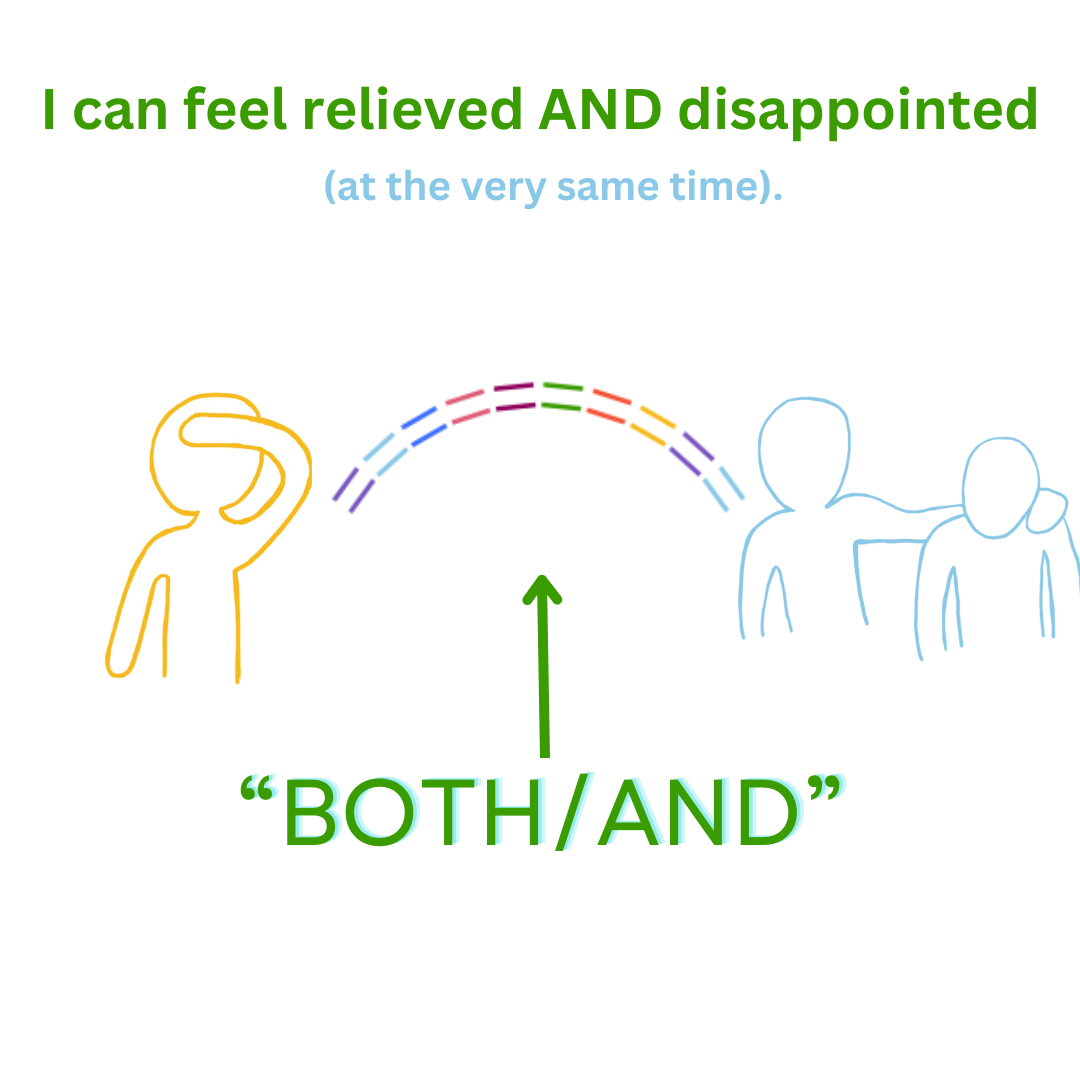
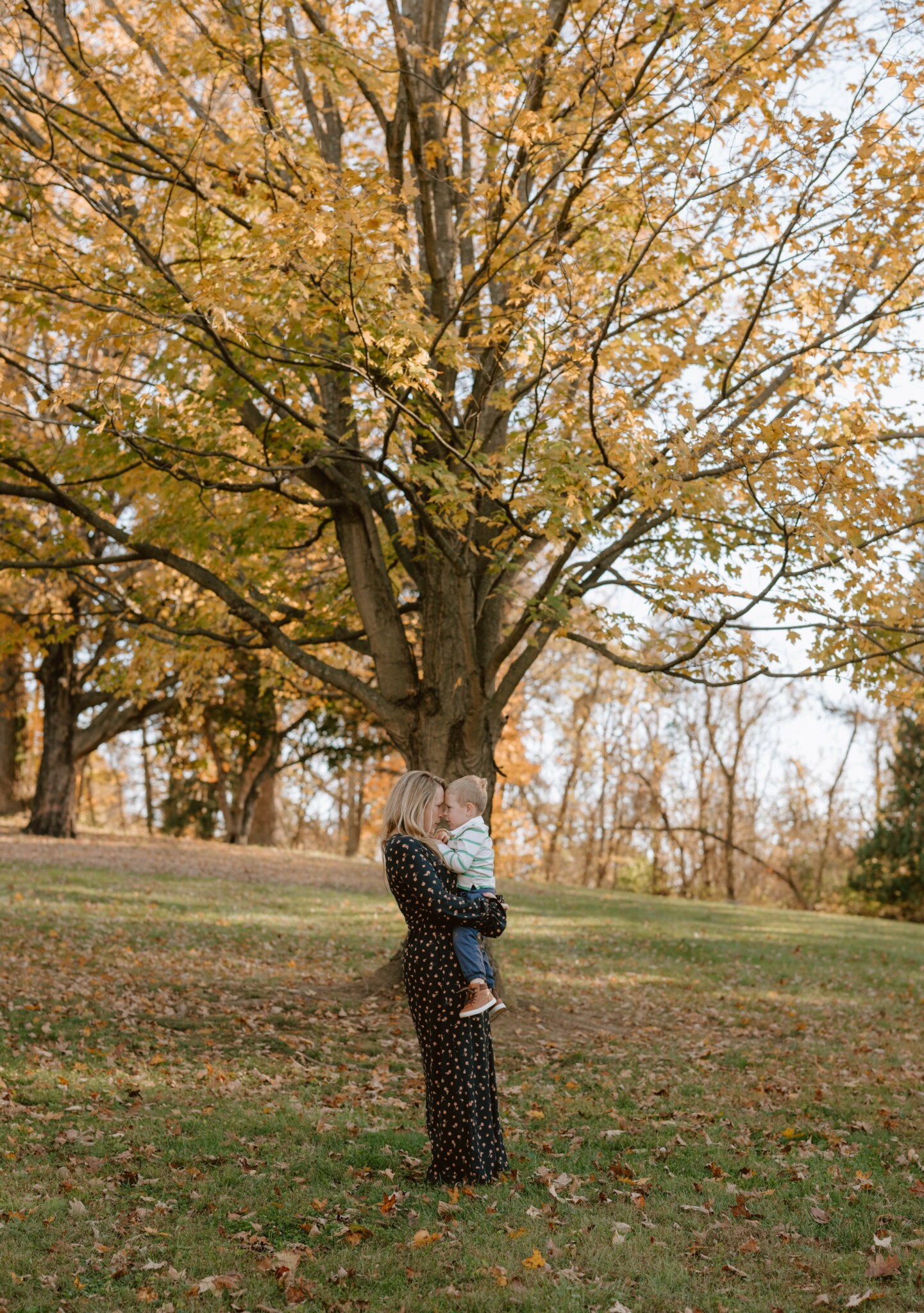
Training and knowledge matter of course, but beyond that what do you think matters most in terms of succeeding in your field?
Learning and teaching to the work not educating to take the tests in school. Life experience. Being a human. Being authentic and being strong in one’s convictions. The desire to learn and, frankly, the ability to set boundaries and limits! We are trained in life to follow a manual. My field tries to give experience and exposure and it’s a requirement to obtain licensure. That being said, it’s not enough. We learn about theory and maladaptive thought patterns. They all make sense when reading and learning about them then being tested on them but when you step into a real life situation where every single person is different, how you learn to adapt everything you learned about is a true skill and art.
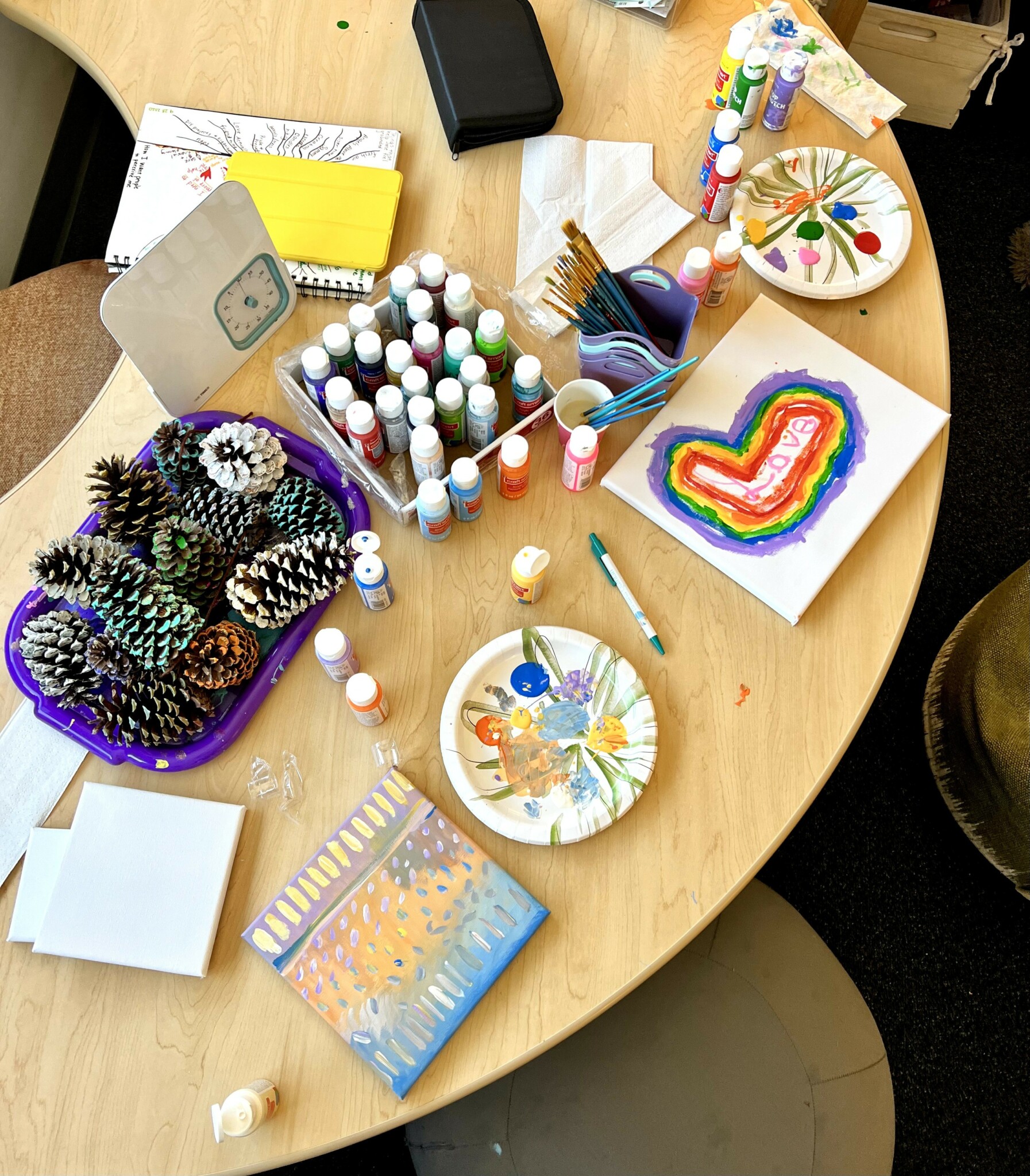
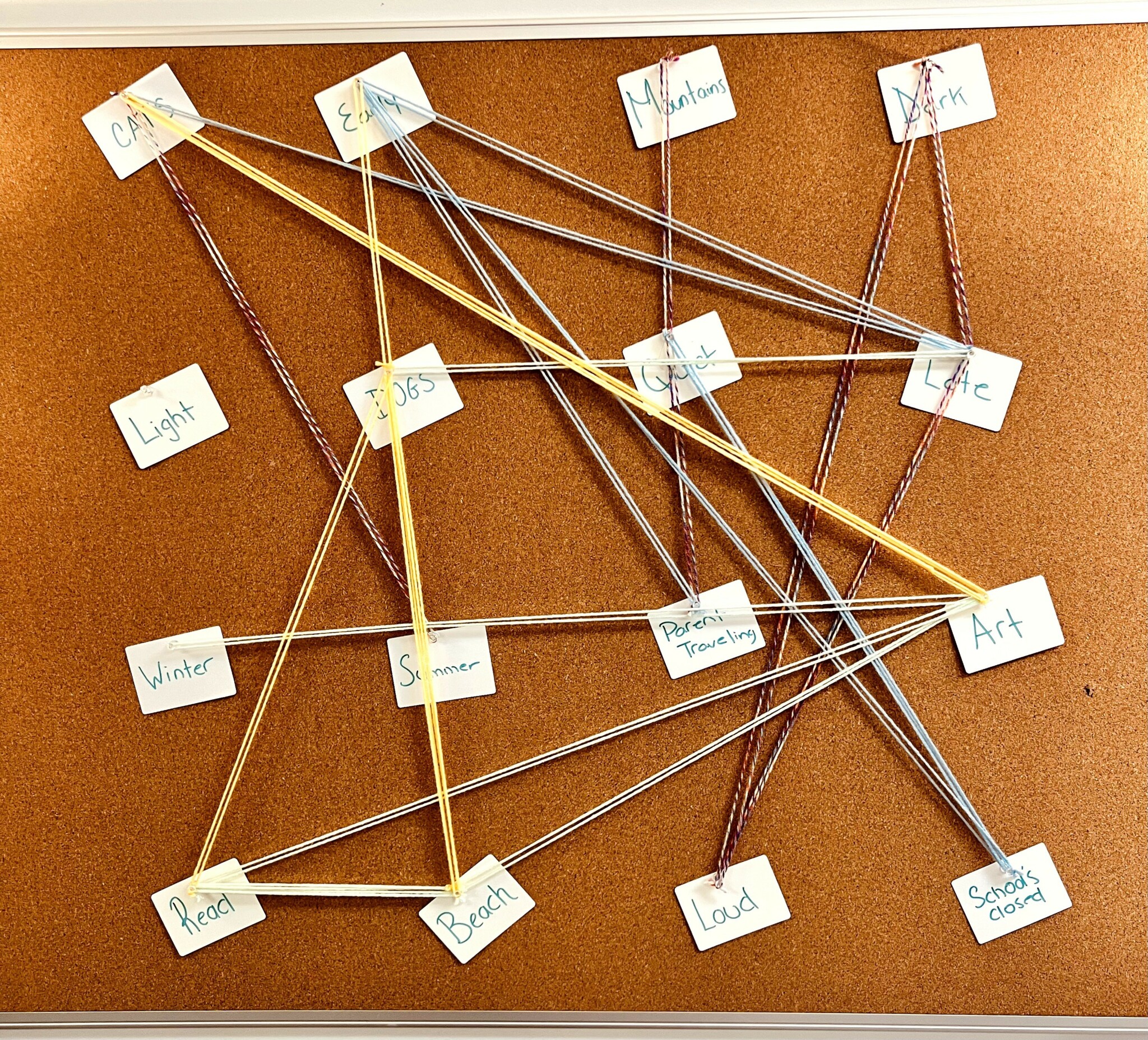
How’d you build such a strong reputation within your market?
Being myself. I always grew up feeling self conscious. I was always told that I was smart but could not see it myself. I had a hard time digesting and learning information. Tests and quizzes from a recall and working memory standpoint were a disaster for me. I always had imposter syndrome, waiting for someone to figure out/call me out….”wait a minute: you are not supposed to be here” – this could be the “higher” level classes I was placed in and struggled in, the job I was in, the seat at the table I was sitting in, the position I played on the field and in the sport. I tend to say how I feel and I always viewed that as a “blurting problem”, to the point where I just tried not to even speak in meetings and trainings because, after whatever I said, I would hear a replay of what a guy once said to me, “Honestly, keep yourself to yourself a little”. Stab through the heart! As I’ve gotten older, become more practiced in a job where “we are trained to sit in people’s discomfort, comfortably”, I’ve become more versed in diplomacy with delivering information. That being said, I think people might tend to like me because I don’t beat around the bush. As my mother says, “You never have to guess how Briana is feeling” may have become a positive attribute since I’ve learned to harness it. I see and share things authentically with others and, I think, my work speaks for itself. I don’t want to be a “clinic” or “get my numbers” for people to be seen. My work consistently communicates that I am imperfectly here to help whomever I can and want those who are interested in that collaboration to be a part of our community. It goes well sometimes and, other times, not really :) I am not for everyone!
Contact Info:
- Website: https://www.brianaquinlan.com
- Instagram: @brianaquinlanlcswc; @thesecbridge
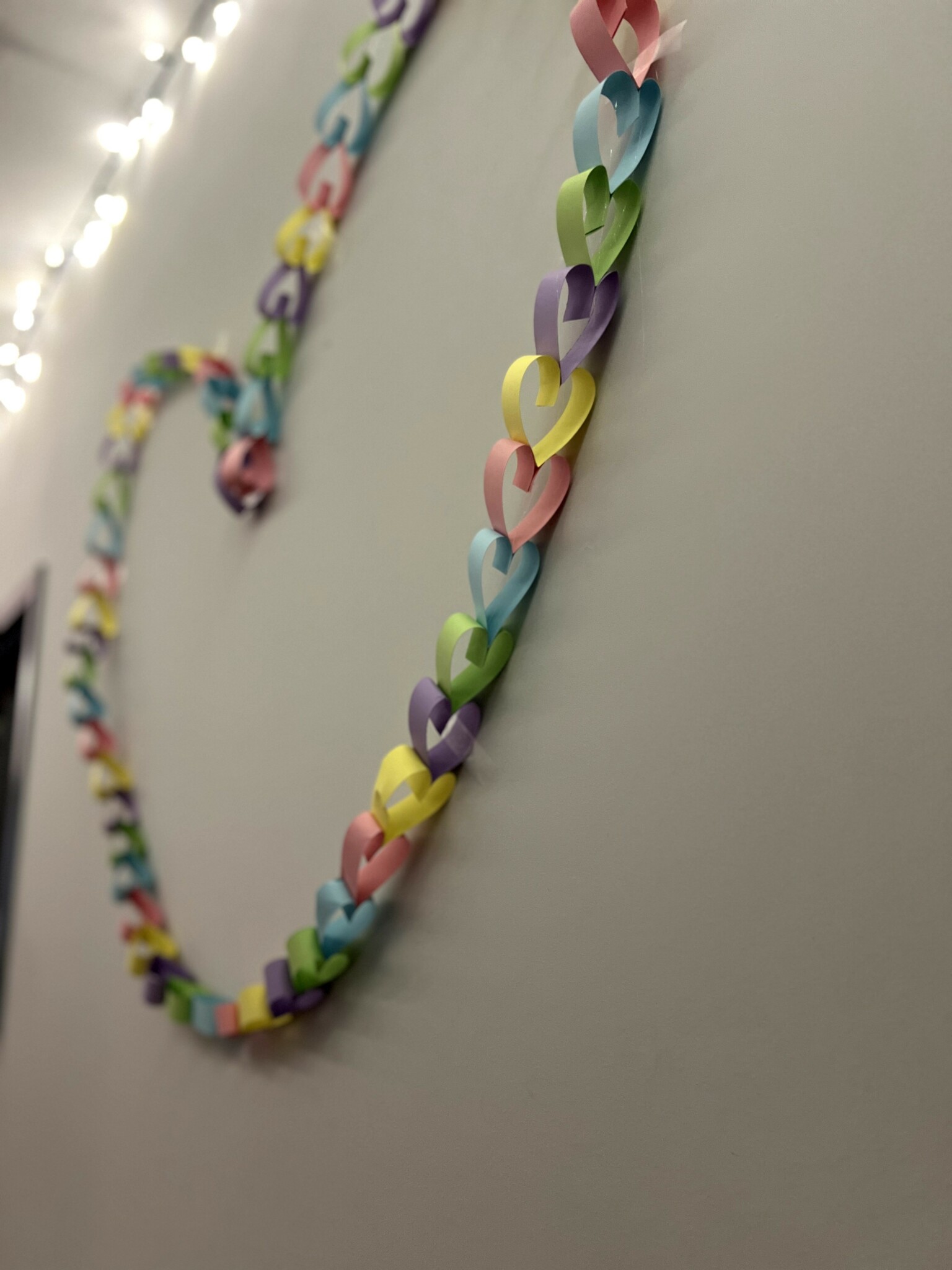
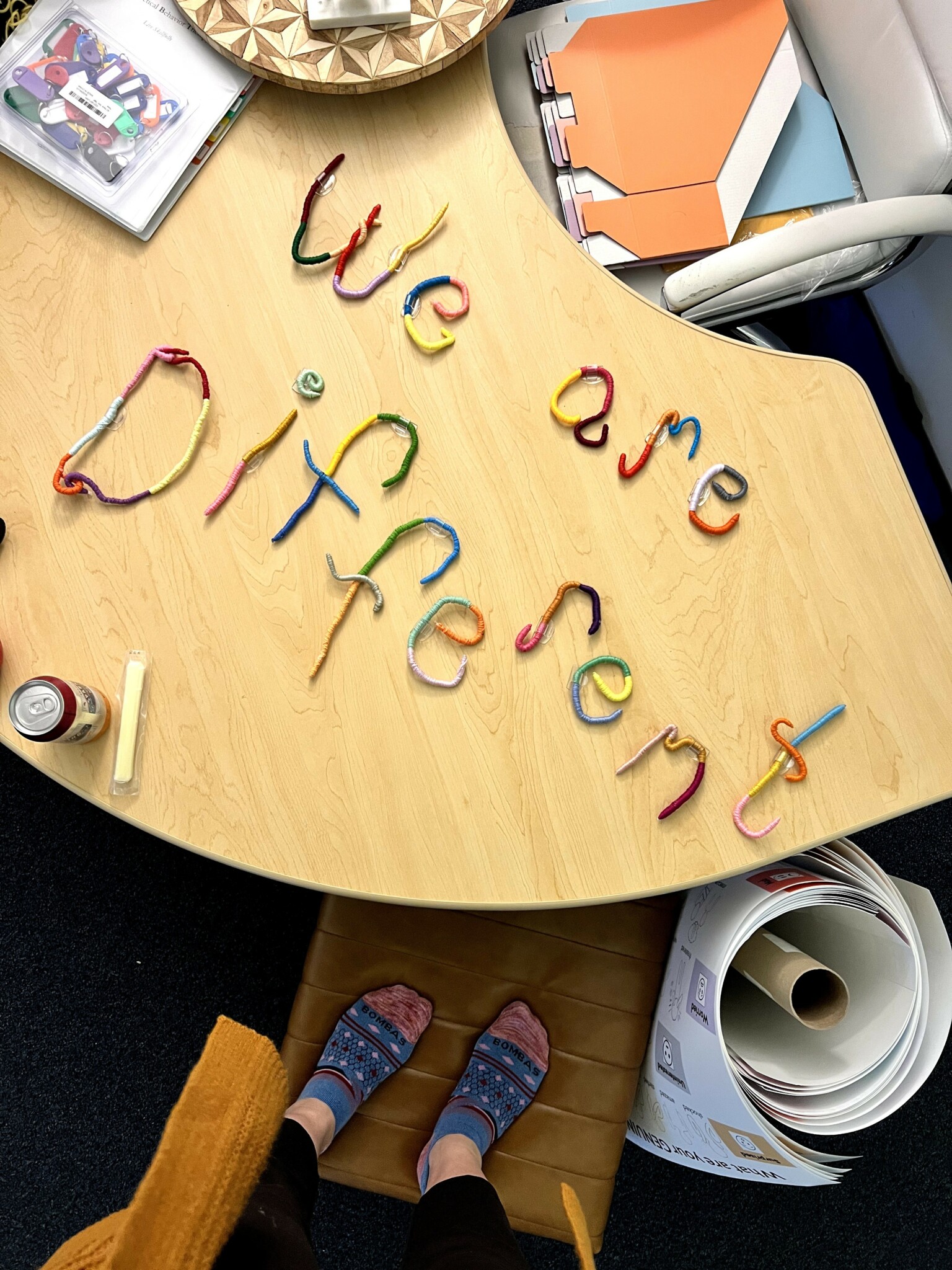
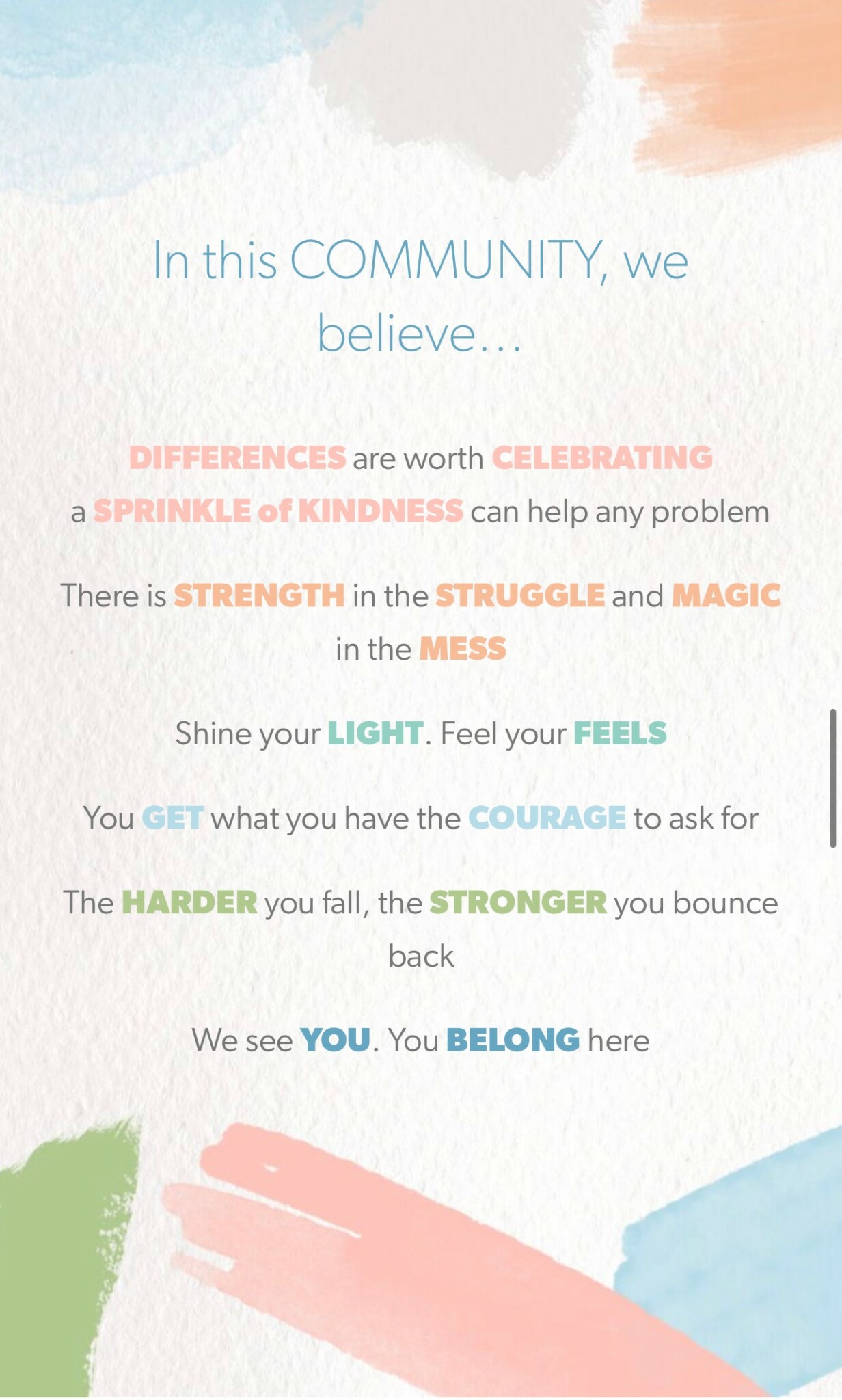
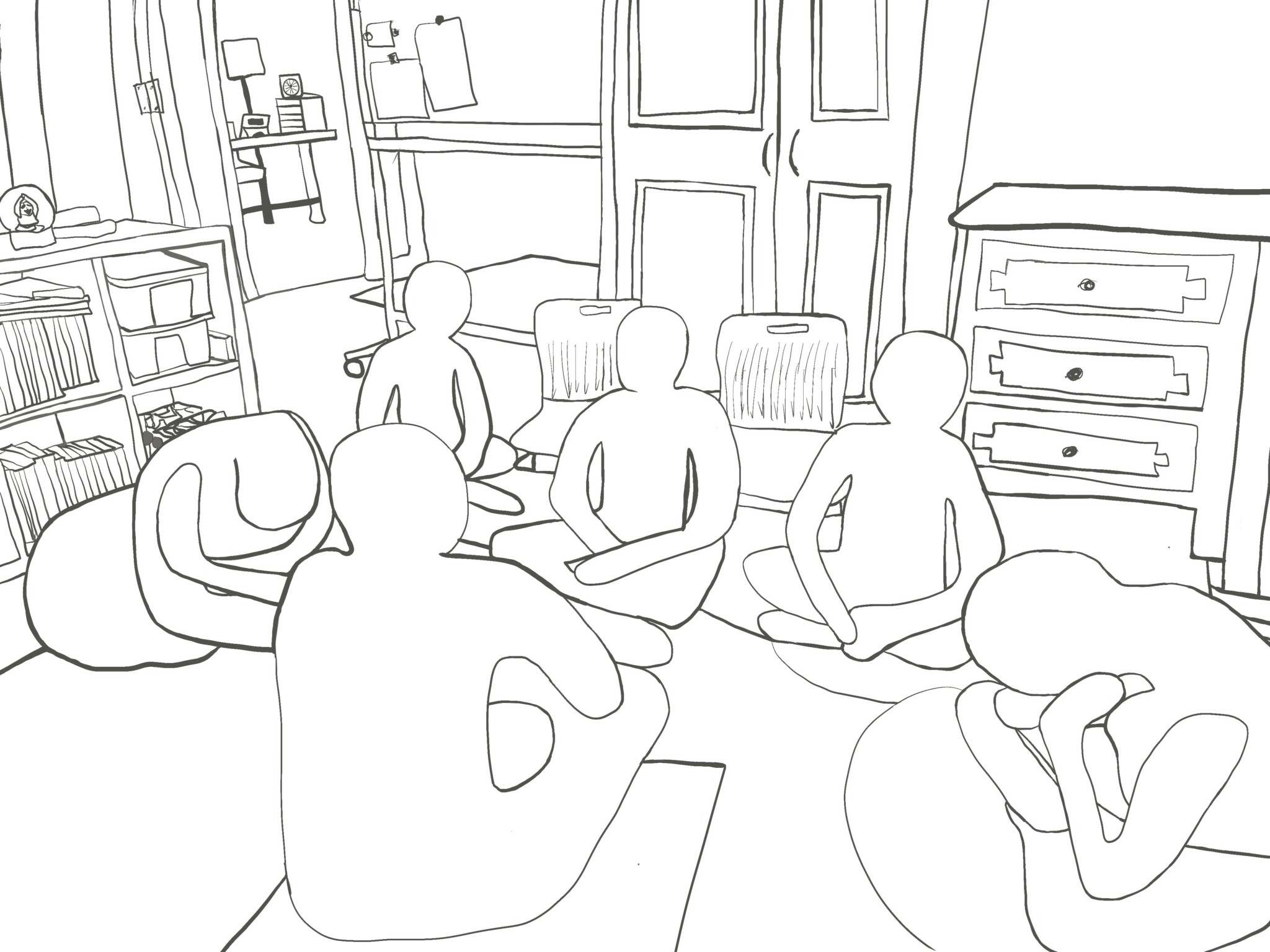
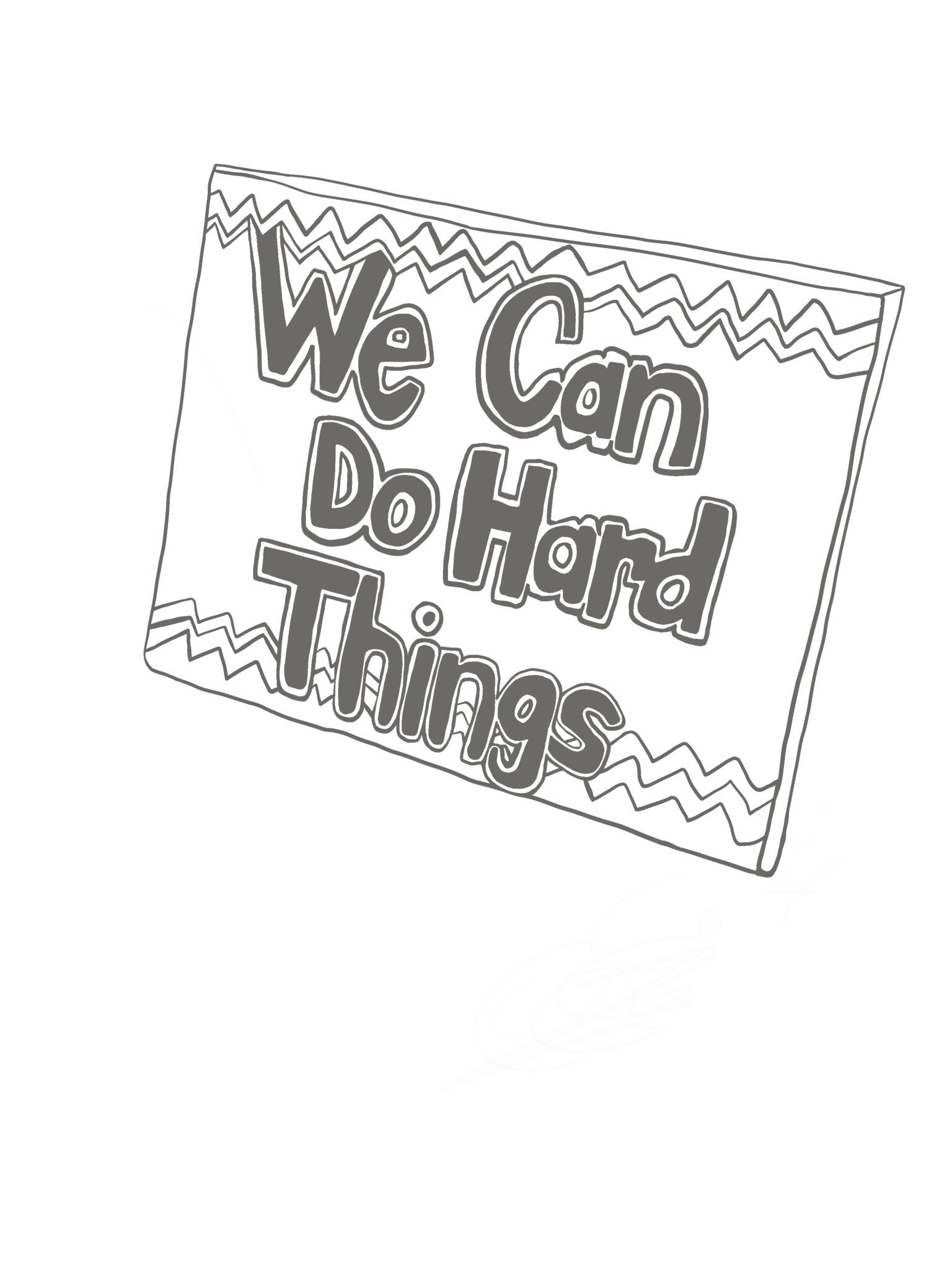
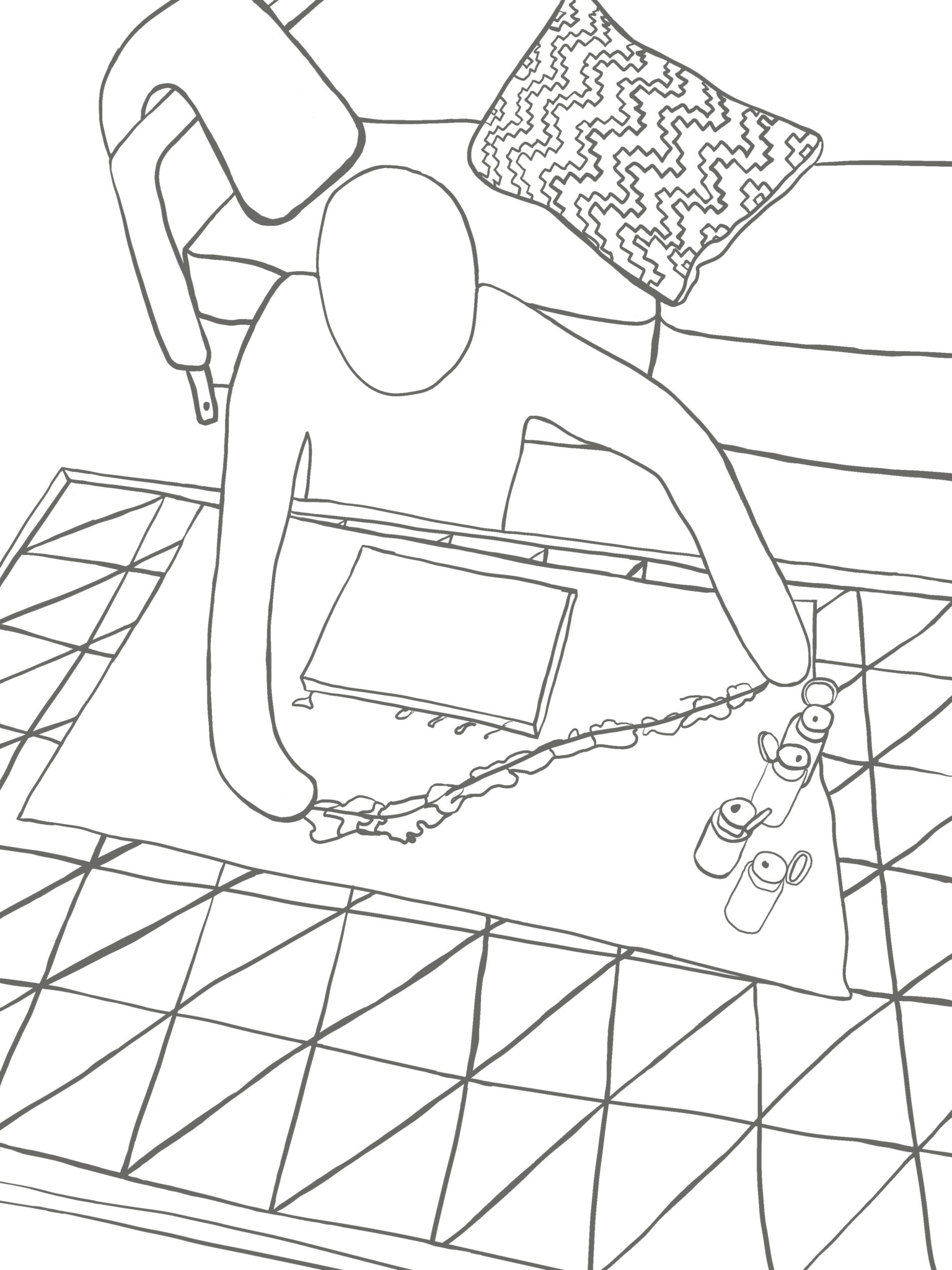
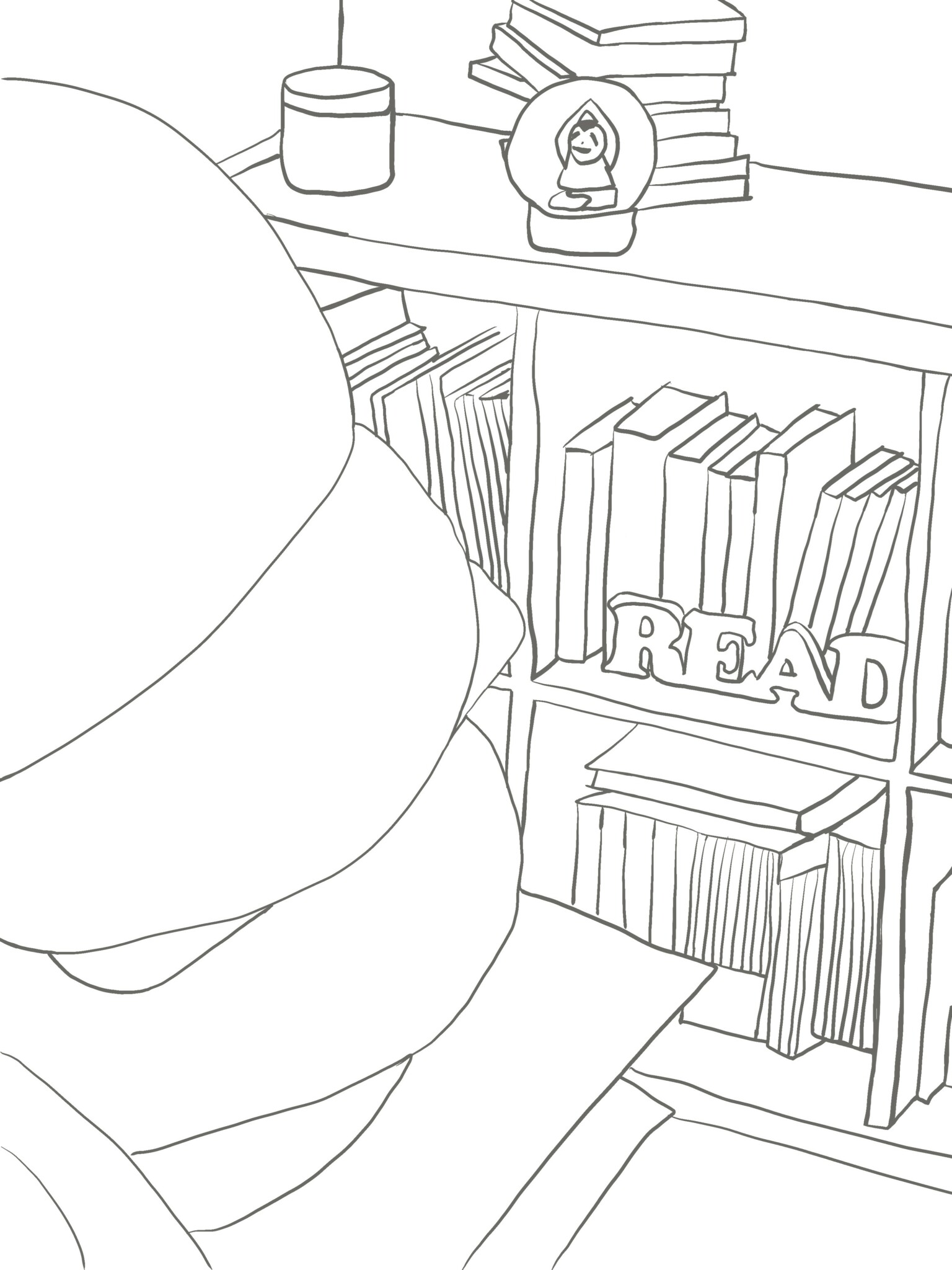
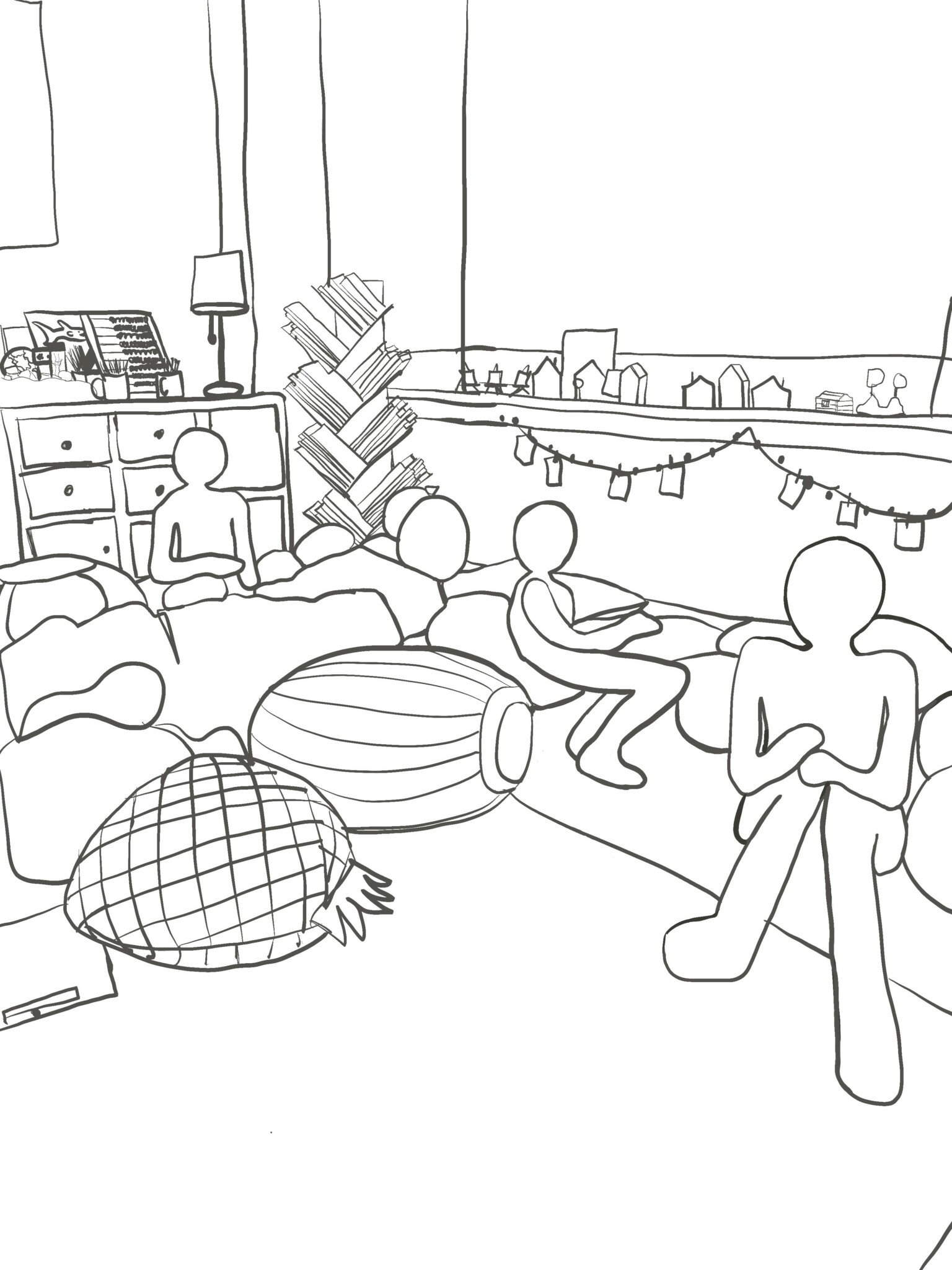
Image Credits
Briana Quinlan
Jessi Vaughn (tree picture only)


